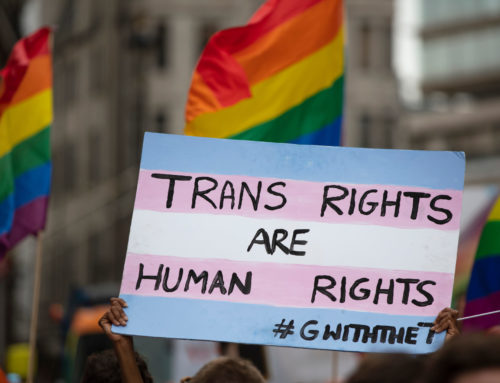INTRODUCTION
The National Minimum Wage increase of R 21,69 was announced by the Employment and Labour Minister Thulas Nxesi on Tuesday 9 February 2021. The news brings a sigh of relief in poorer households who has been significantly impacted by the inflation rate. Considering that the impact of the inflation rate for poorer households is higher than higher-income earners, due to the steep increase of food prices and other basic living needs.
The International Labour Organisation in 2014, defined minimum wage as the amount that an employer is required to pay wage earners over a period, that cannot be reduced or changed by a collective agreement or an individual contract. The purpose of minimum wage is to protect workers from unduly low payment. The Minimum Wage Act was established to redress the injustices of the past by firstly acknowledging that South Africa is one of the most unequal societies in the world, thus obliging the state to uphold their constitutional obligation to promote fair and effective competition in the labour market.
The regulation of wages contributes to social justice and a stable industrial relation, more importantly it assists in reducing poverty or State dependency. It is no secret that a large group of people fall within the middle-class population index, this means that there are households which have become conditioned to “working poverty” only being able to cover the essentials to support their living needs.
ENFORCEMENT
As a point of departure, the most important concept it hosts in mind is that the purpose of minimum wage is to protect the most vulnerable employees, this means those who earn below R211,596,20 per annum before tax and contributions. Moreover, employers must be strongly reminded that the National Minimum Wage excludes allowances that assist employees to work. These allowances include but not limited to transport, equipment, accommodation, bonuses, or food. The increase in minimum wage could not have come a better time since the cost of living in South Africa has increased significantly since 2017 when the minimum wage was tabled.
BRIEF BREAKDOWN OF THE MINIMUM WAGE INCREASE:
• Farmworkers are eligible for an increment of R21,69 per hour
• Domestic workers are eligible for an increment of R 19,09 per hour; a daily rate of R 152,72 and a monthly rate for 20 working days to an estimate of R 3,054
• Expanded public works programmes are entitled to an increment of R11,93 per hour
• Worker who entered learnership agreements with their employers are entitled to an allowance that is determined by the national qualifications’ framework
CONCLUSION
The National Minimum wage increase will not solve the growth in poverty neither will it significantly decrease state dependency. What the increase will assist with is access to basic living needs while providing a safety net for employees, especially domestic workers. A regulated system brings us closer to redress of economic and social justice and that is certainly a worthy step in the right direction. Download the latest amended Act here.
Virtual consultation available
Should you need any assistance with your employer or labour related questions click here to learn more about our virtual consulting services offered by our trained attorneys and consultants, alternatively contact us below:
Cape Town Office:
Telephone: +27(0) 21 425-5570
E-mail: Cape.office@lyonsbriviklaw.com
Johannesburg Office:
Telephone: +27(0) 11 268 6697
Email: Jhb.office@lyonsbriviklaw.com
Contact form:






